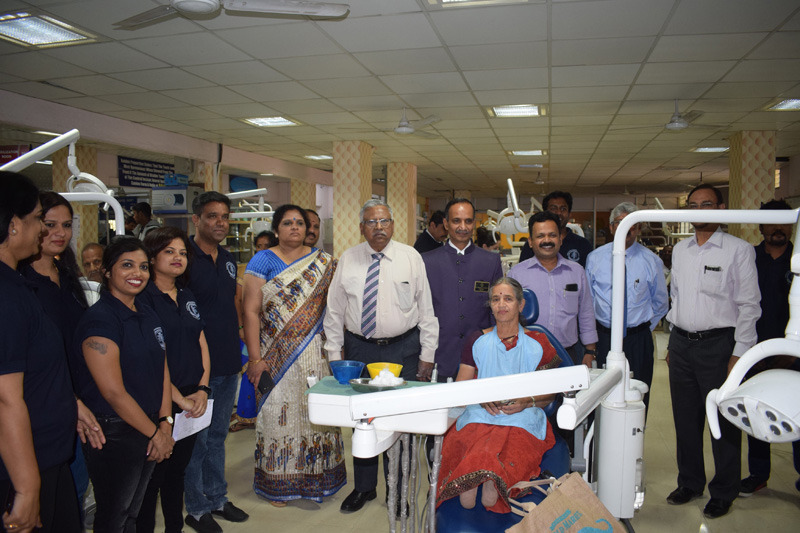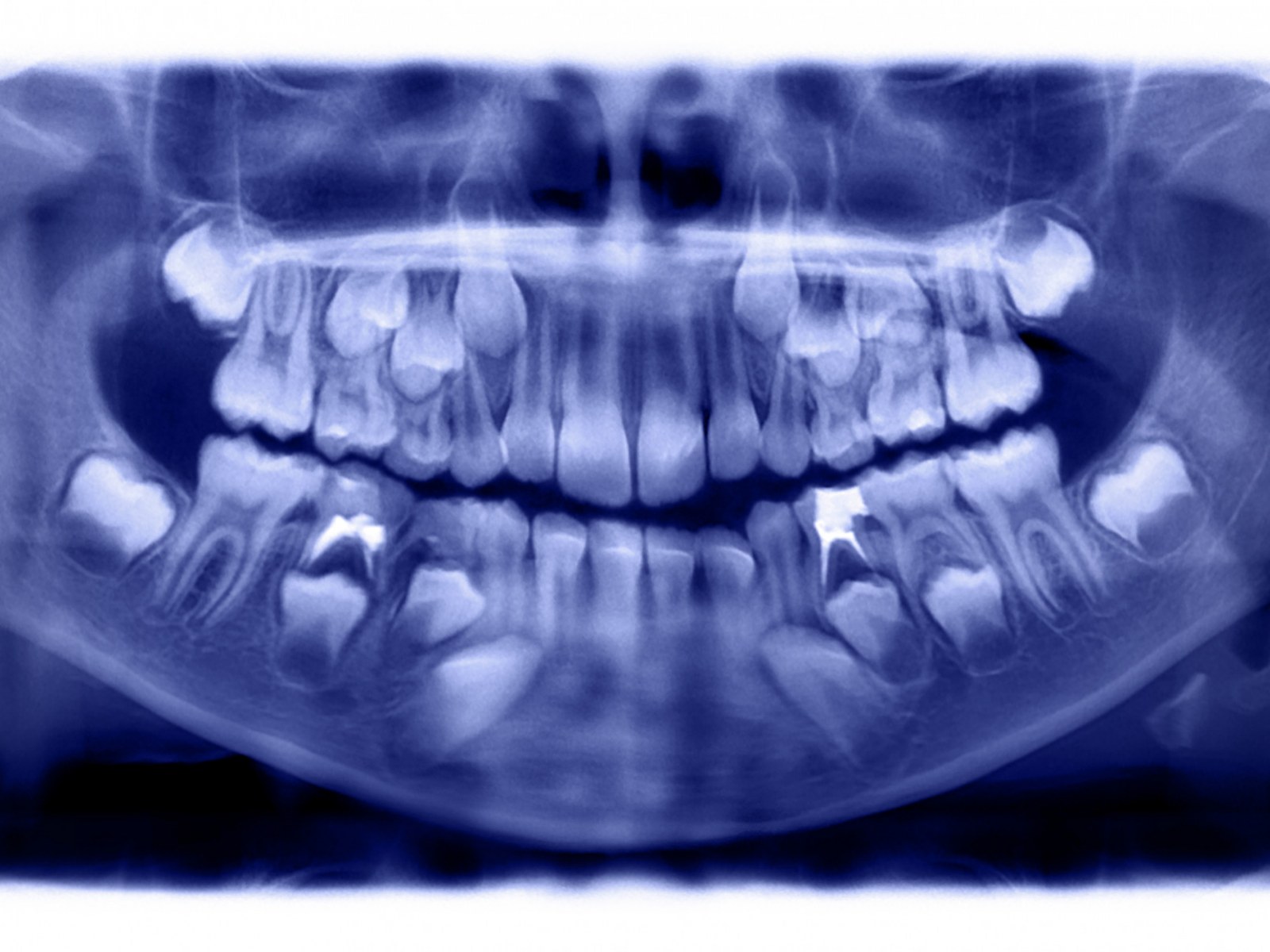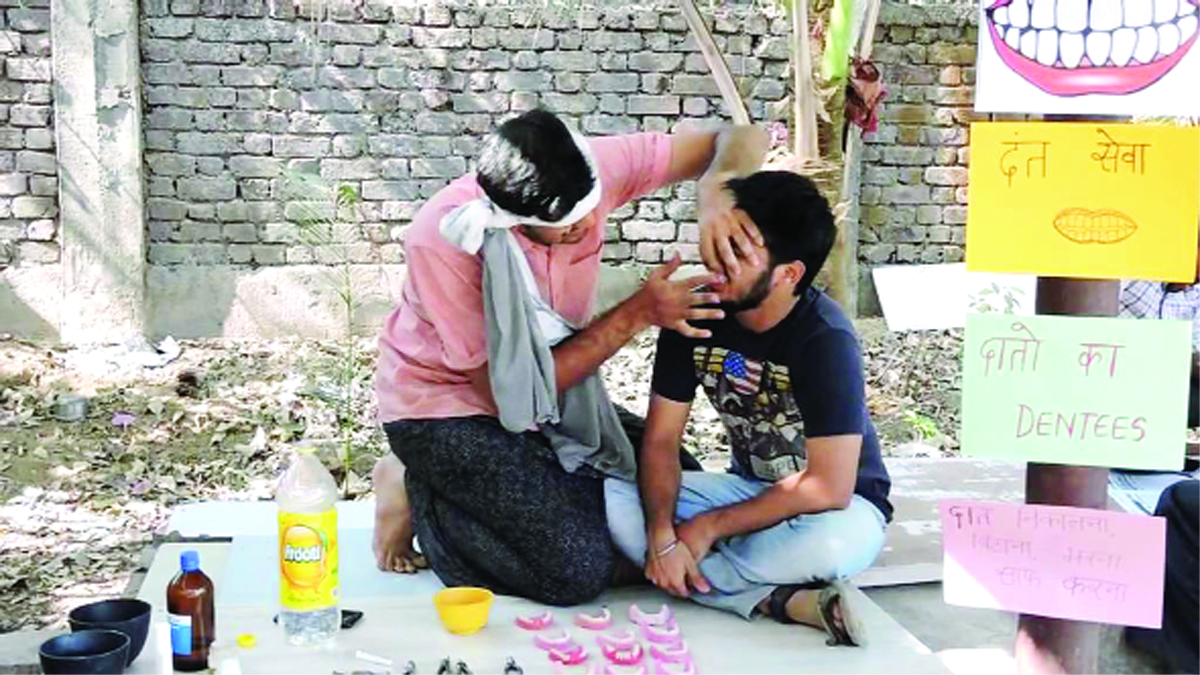Many of us aren’t aware of the significance of Zinc on oral health. A trace mineral, zinc is apparently naturally found in our saliva and helps us fight bacteria as well as plaque that are responsible for cavities, tooth decay and gum disease.
ROLE OF ZINC
The role of zinc is similar to that of flourides. It helps in demineralization and remineralization of your teeth, further reducing cavities as well as tooth decay. It also protects your teeth against diseases like gingivitis, mild periodontal issues and other gum diseases.
Zinc and Gum bleeding
Another important property of zinc with respect to our oral health is that it aids in healing our oral wounds. There has been a lot of research that reveals the importance of having zinc in our diet because it helps in keeping periodontal health in place. It is zinc, that is your main defense against the plaque that forms around your teeth. Hence, is your body is deficient of zinc it automatically means that your oral health is at risk already. Your bleeding gums would not heal faster if your body is deprived of zinc because without zinc your body cannot transport the Vitamin A that your gums need in order to heal naturally.
And if that’s not enough here’s how zinc offers helps your body in many ways than one –
-
Fights inflammation
-
Improves immunity
-
Improves Skin health
-
Slows aging
-
Enhances metabolism
-
Fights viruses and cold
-
Regulates blood flow
-
Avoids blood clot
-
Enhances fertility
-
Improves skin health
Having said that, excess could also be a problem and could cause what is known as zinc toxicity. If your body has excess of zinc it could show symptoms like Epigastric pain, Lethargy, Fatigue and vomiting, etc. If you are deficient of zinc then its better to consult a physician before taking any dietary supplements so that you do not get it in excess.
Just know about Top Dental Colleges in Karnataka









